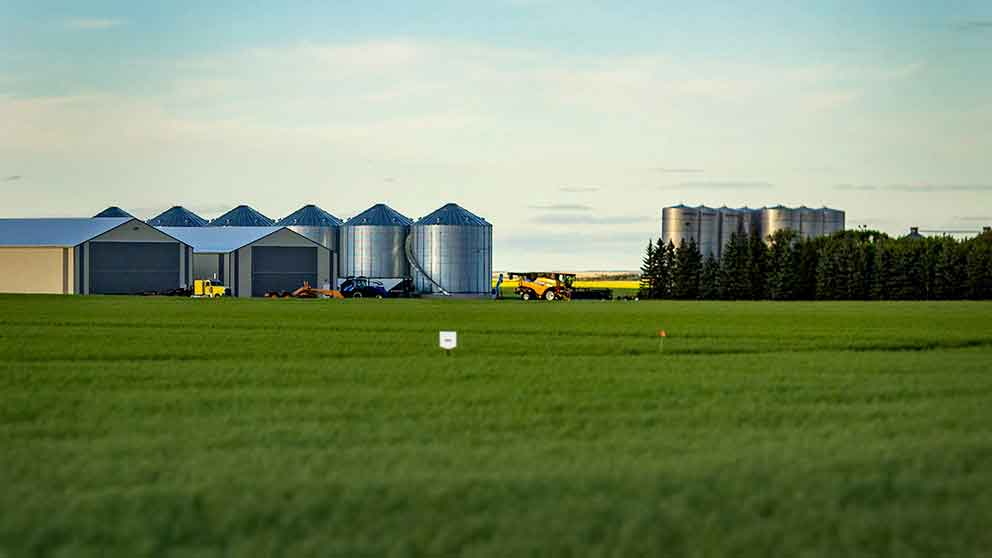Is your farm business literate?

Running a farm comes with many risks beyond a producer’s control. But when business literacy is firmly planted in the operation, you can better manage it and make informed decisions.
Business literacy includes understanding and applying key pillars like business strategy, finance, marketing, and managing people and technology, says Larry Martin, a principal in Agri-Food Management Excellence.
Business literacy gives farmers a framework with goals and measures.
It also considers the creation of a strategic and operating plan to manage a successful for-profit business, as well as withstand its risks, he says.
“The importance to farmers is that it gives them a framework with goals and measures to use to gauge their management performance, identify problems and take action to improve them,” Martin says.
Getting started
Producer Heather Broughton of SWG Farms says business literacy begins with understanding key indicators in your financial statements by using ratios to identify where there are problems or successes within the business.
These ratios can be measured against benchmarks of other farms and the historical trends of a producer’s farm.
“Understanding financial fundamentals and true financial position provides much greater clarity and confidence in strategy and decision making,” Broughton says. “Financial analysis and understanding are key when you’re developing a business strategy as it significantly impacts what you can do.”
Business benefits
The well-being of the operation can depend on mastering business literacy.
It can reduce the risk of cost overruns and mounting debt, while increasing opportunities for profitability and success, says Jennifer Wright, Canadian Agricultural Human Resource Council’s senior HR advisor.
It also contributes to creating operational efficiencies like reduced waste and time and equipment management. It also helps with informed decision-making on expansion, hiring, crop selection and investing in equipment, Wright says.
Human resources
Wright stresses that business literacy also helps farmers better understand the value of good human resources management practices.
Broughton says it’s essential to understand the team, whether it’s outside labour or family, and for them to work together and contribute to the farm’s goals.
“Job descriptions, performance evaluations and knowing how to motivate your team members are all essential to a business, farming or other,” Broughton says.
Bottom line
Business literacy is key to making a business run at its best in an uncertain sector like ag. As producers make educated and calculated decisions, understand and assess risk, and act with confidence, they’re more likely to avoid cost overruns. To begin, review farm financials and use ratios to identify key indicators.
Article by: Richard Kamchen

Learn why you should consider farmland values, interest rates and emotional decisions when buying or selling farmland.
